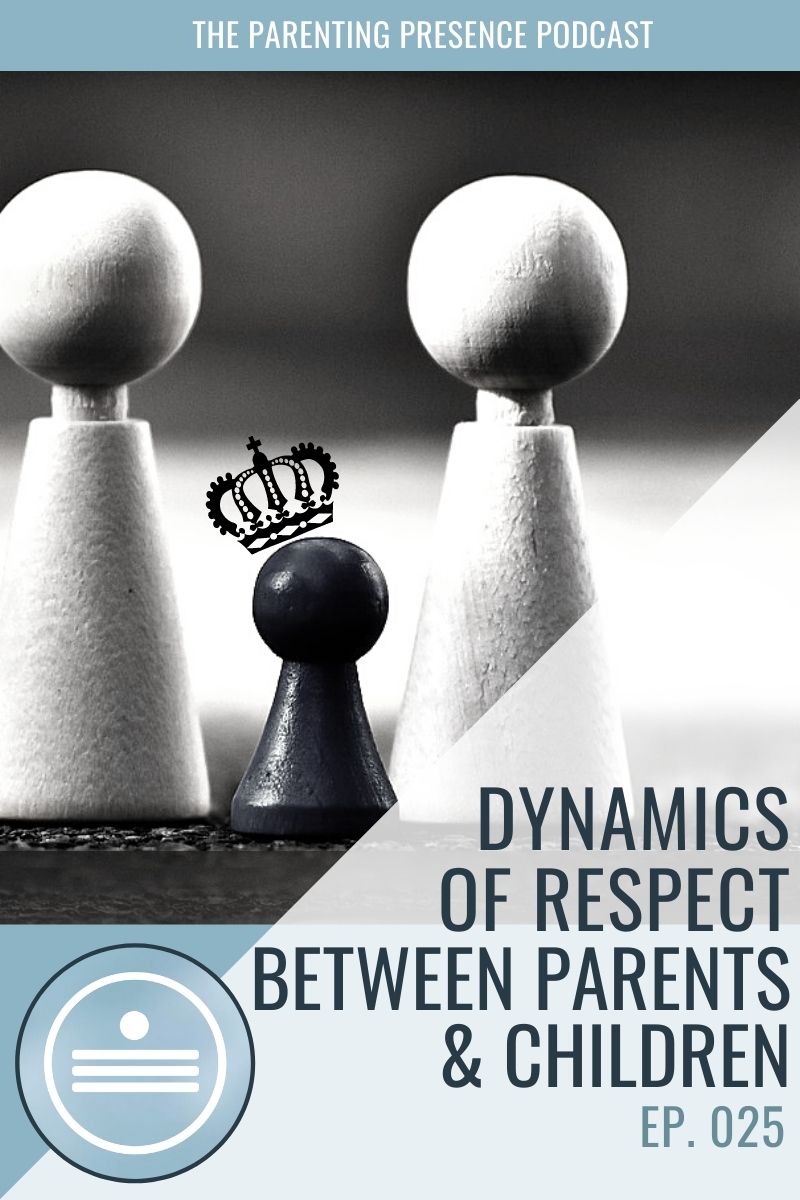
The way we understand respect, determines a lot about how we parent and how much we enjoy it. In the past, parents demanded respect from children (remember how it was when you were little?), but today children expect it from parents. What that practically means differs hugely from family to family, and each has its own dynamics of respect.
What is your understanding of respect?
Do children deserve it and what does it look like?
As parents we may be eager to do many things in the name of respect towards our children. We may relax some rules and give more freedoms… And yet, why does it sometimes feel like the more we allow children to do or to have, the less respected by them we may feel?
Our actions are guided by our definition of respect.
Respect is not about what we do for the other. It is about how we make them feel. It is also about how it makes us feel to be respectful. But if we think of respect as something we do for someone, we are more likely to cross our own boundaries. Respect towards another — including children — is not about giving up our personal strength or power. That never feels good.
We do not need to bend over backwards in order to be considerate of our children’s needs.
We do not need to give up our own needs or overstep our own boundaries. When we elevate the child’s development and uplift their needs, that does not have to be done at our own expense.
Yes, we certainly have a better appreciation for children than the previous generations might have had. Still, it isn’t the child’s whims and wishes that should drive our actions, but their needs and development. And yes, children have a need for freedom, for creativity, for exploration, for fun and play, but they also have a need for structure, routines, safety, and consistency.
And children will always prefer order and stability over chaotic freedoms.
We don’t need to move from a strict disciplinarian approach to indulgent and permissive. The former has no freedoms and the latter has no limits. One is breaking the child’s boundaries and another is breaking our own. In a strict disciplinarian approach it is all about the parent and what the parent wants. And in the indulgent and permissive approach it is all about the child and what the child wants.
When we are more mindful of our own needs and understand the needs of our children we are more likely to find a healthy balance, where it is not about Parent or the Child, but it is about both, because both matter.
Tune into the episode to hear more!
Learning more about our emotions helps us manage expectations, set good boundaries, and have a respectful family dynamic. Emotions are tools for our wellbeing. When we can support ourselves and our emotional health, we can parent with more ease and teach emotional regulation to our children. Sign up for the Emotionally Intelligent Parenting training.
